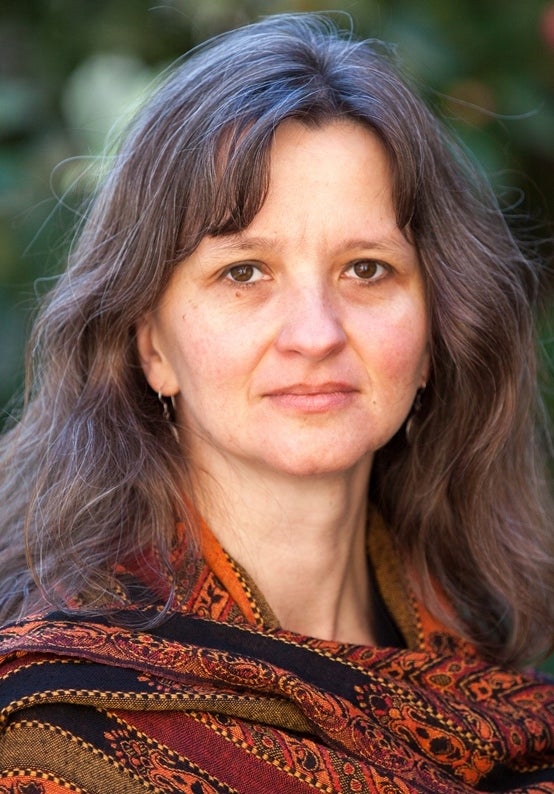Meet the Scholar: Snapshots of Intellectual Journeys
Juliane Hammer – University of North Carolina at Chapel Hill

Trained in the study of Islam, languages, and pre-modern as well as modern Muslim societies, Juliane Hammer’s scholarly trajectory has taken her from research on Palestinian women and diaspora and return experiences through a decade of work on American Muslim communities intersecting with women, gender and sexuality in contemporary Muslim contexts. She sees herself in both Islamic studies and American religions, and in conversation with women’s and gender studies, sexuality studies and critical race theory. She has combined ethnographic and textual analysis methods in diverse research contexts and engage in interdisciplinary, multi-method research that does not privilege texts over lived experiences or vice versa.
Dr. Hammer published her latest book, Peaceful Families: American Muslim Efforts against Domestic Violence, with Princeton University Press in 2019. In it, she trace religiously framed efforts in Muslim communities to raise awareness of DV and provide services. Based on six years of ethnographic research across the United States and textual analysis, the book discusses how DV advocacy work is embedded broader discourses on gender roles, marriage ideals, and processes in American society as well as transnational Muslim communities. Dr. Hammer is currently working on several new projects, including a monograph tentatively titled, Patriarchal Islam: Gender, Sex, and Love in the Muslim American Public Square. In this book, she focuses on gender, marriage, and sexuality as central to contemporary religious discourse and practice as reflected in American Muslim communal debates in multi-faceted ways. She focuses on communal debates, including sex education, male leadership and sexual integrity, women’s mosques, matrimonial practices, homosexuality, and domestic violence in the Muslim American public square. Dr. Hammer is also working on several articles: on Muslim attitudes to and inclusion of LGBTQI+ Muslims, on the interdependence of racial and religious hierarchies in the production of anti-Muslim hostility in the United States and Europe, and on an exploration of Muslim contributions to intersectionality as theory and practice.
